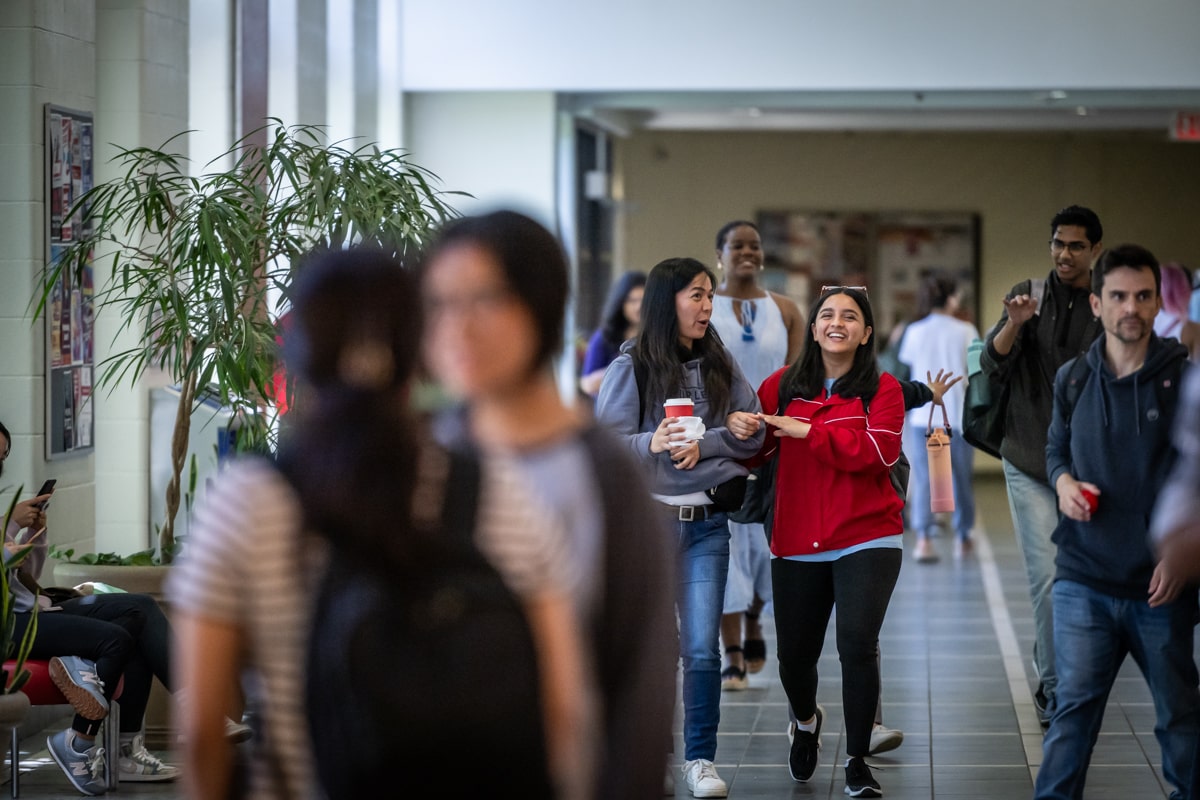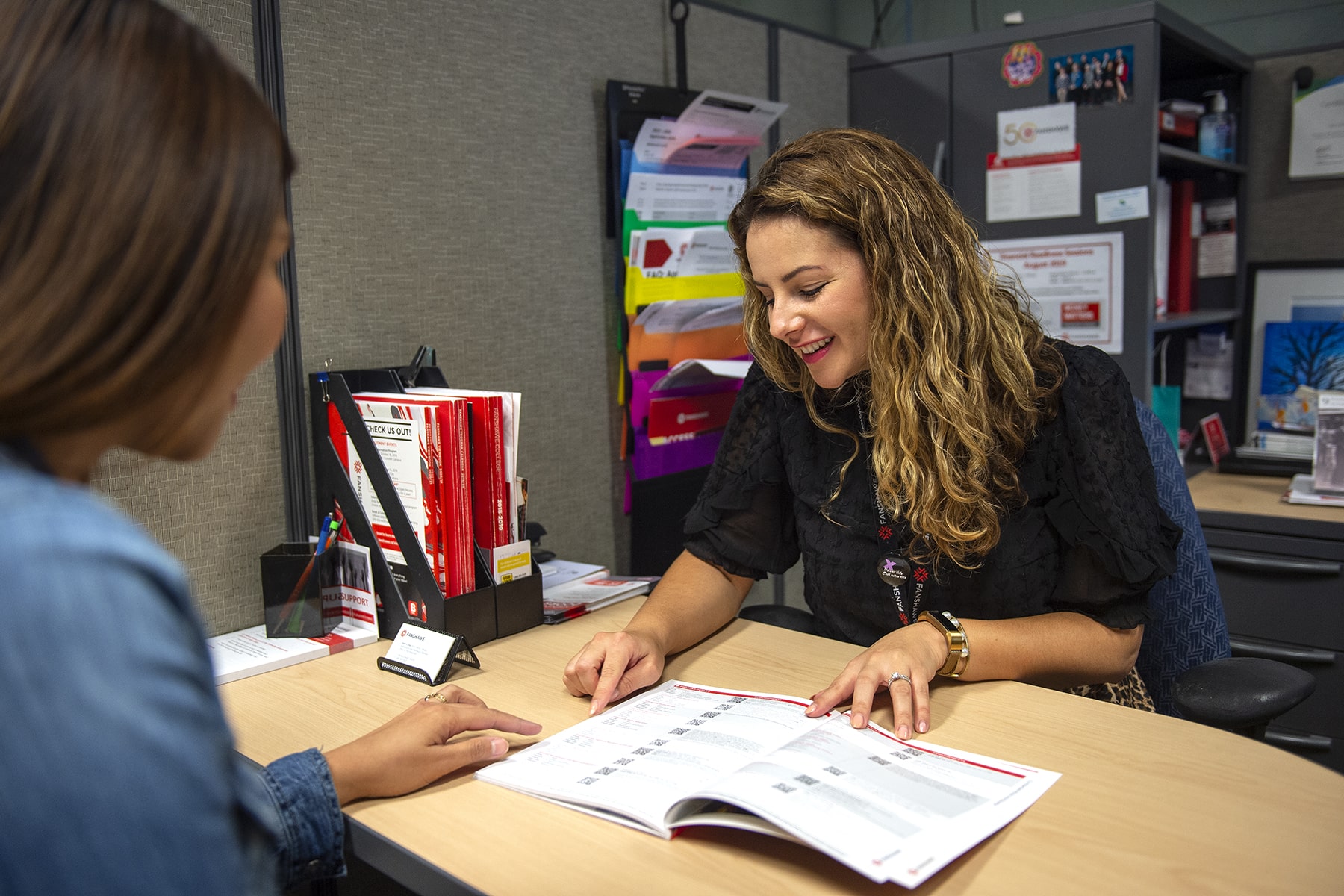
Learning happens in many ways, not just in the classroom. If you’re considering enrolling in a post-secondary program, it might be beneficial to explore Prior Learning Assessment and Recognition—also known as PLAR.
What is PLAR?
Prior Learning Assessment and Recognition is a process that allows you to receive course credit in a college program for learning you have gained through non-academic life experience, helping you to avoid duplication of learning.
You may be able to get recognition through PLAR for:
- work experience
- on-the-job training
- independent study
- volunteer activities
- military service
- travel
- hobbies
It is important to remember that PLAR credit is not awarded for the experience itself but for the learning gained from work and life experiences. In other words, having years of experience will not automatically qualify you for PLAR credit. PLAR allows you to demonstrate, through an assessment, what you know and can do based on your experience.
How to apply for PLAR
Colleges typically have resources and/or advisors available to guide students through the PLAR process. At Fanshawe, our Admissions and Pathways Advisors can offer an initial overview of the PLAR process and resources available.
At most colleges, college credit is assigned through PLAR by assessing your knowledge against learning outcomes. For this, you might need to put together a portfolio, write an exam, attend an interview and/or complete an assignment.
There’s an assessment fee when you apply for PLAR, mandated by the Ontario Ministry of Colleges and Universities, and PLAR timelines and processes will vary by college. It is a good idea to apply for PLAR in the semester prior to when you’d be required to take the course(s).






